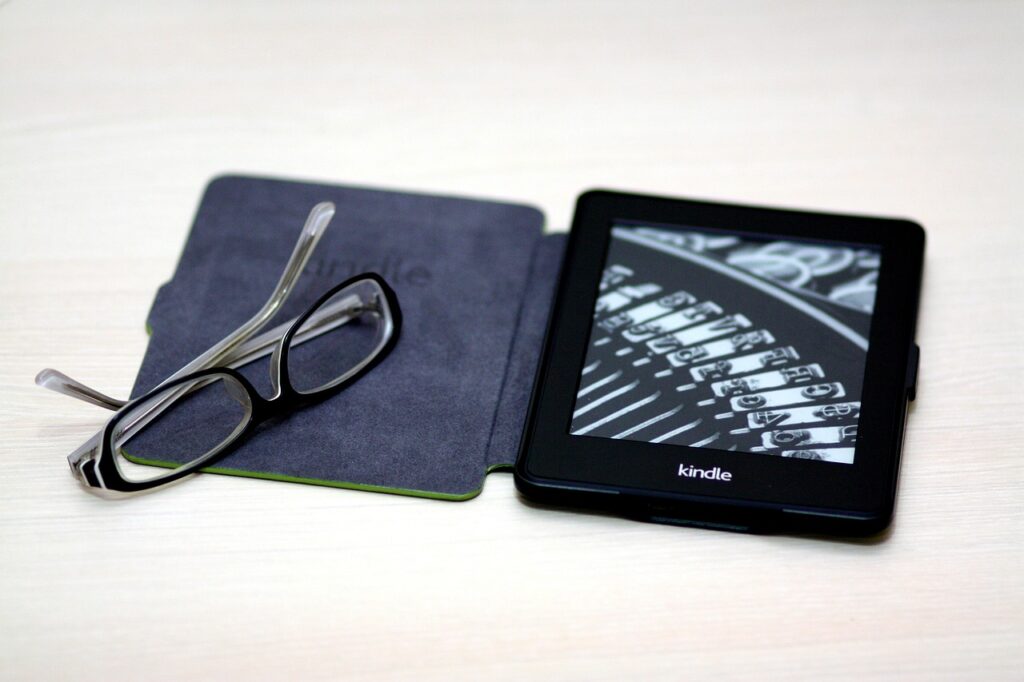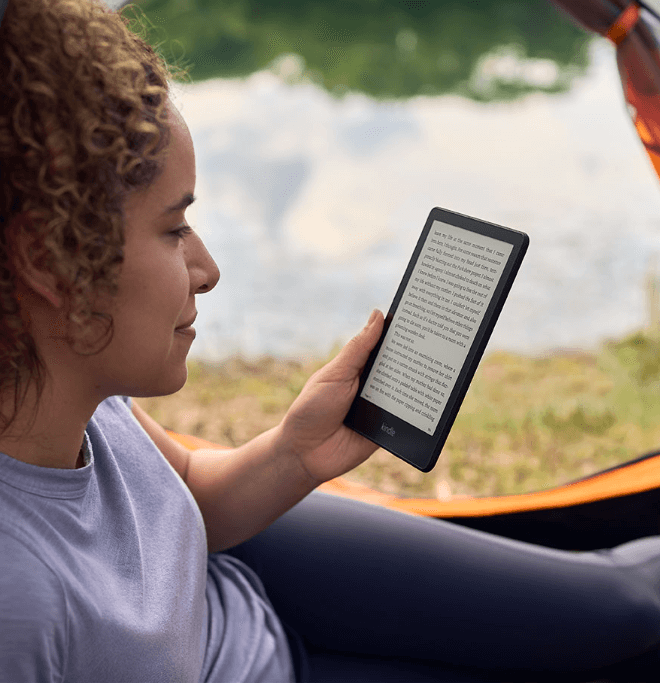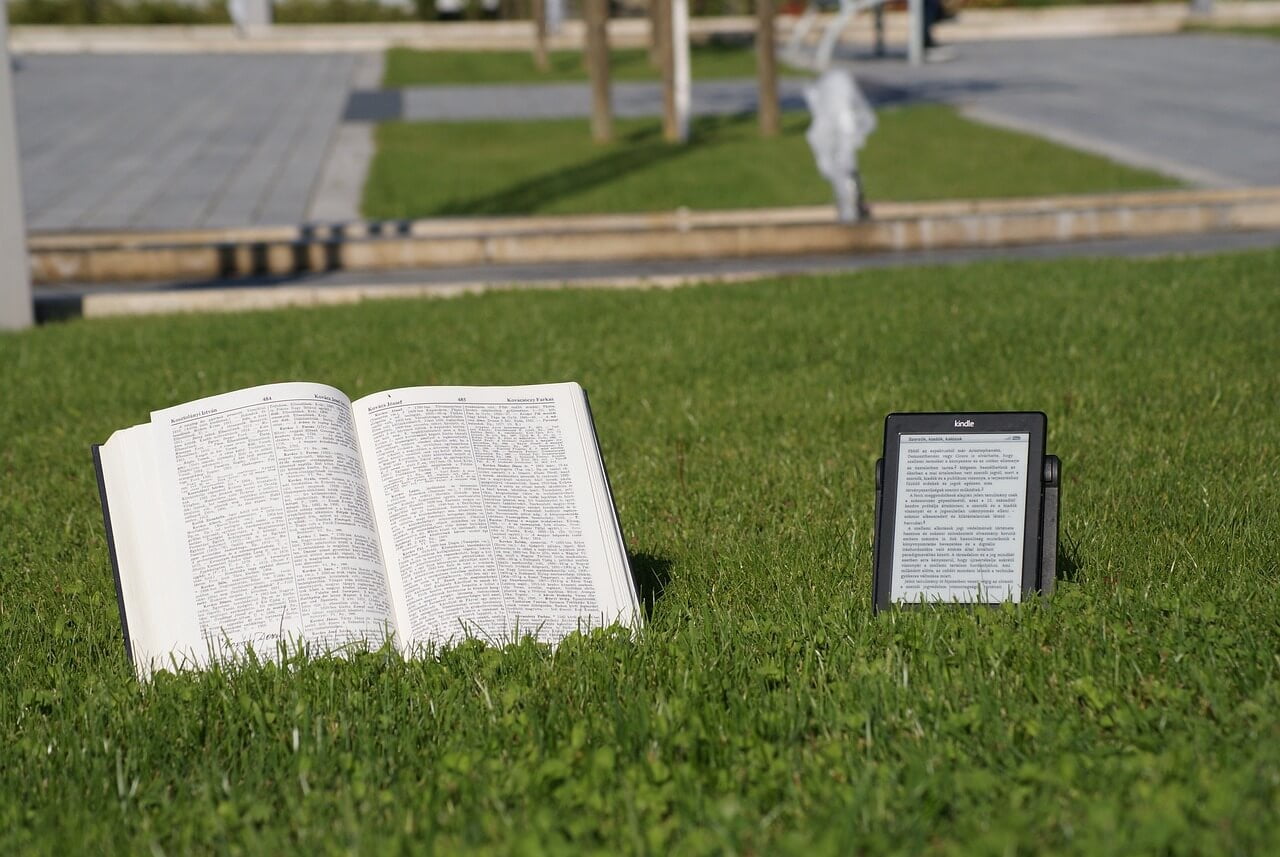E Reader Vs Tablet
In today’s digital age, we have a lot of options for reading. From physical books to e-books, audiobooks, and digital devices like tablets and e-readers. While tablets and e-readers are both popular devices that allow you to read digital books, they differ in several ways.
Both E Readers and Tablets have their pros and cons, and choosing the right one depends on your specific needs and preferences. In this article, we will compare e-readers and tablets and help you make an informed decision.
Sequence
- E Reader Vs Tablet : Basic Difference
- In Depth Comparison: E Reader Or Tablet
- Pros and Cons : E Reader Or Tablet
- Final Verdict
1. What the Basic Difference Between an E-readers and a Tablet
E-readers are primarily designed for reading Electronic / E Books. They use e-ink technology, which mimics the appearance of ink on paper and reduces eye strain.
Whereas a Tablet is a multi-purpose device that can be used for a variety of tasks, including reading e-books. Tablets typically use LCD or OLED displays, which offer vibrant colors and high resolutions.
The Difference between these two type of screen is given below
2. In Depth Comparison: E Reader Vs Tablet
E-readers are designed to be lightweight and easy to hold for extended periods, making them ideal for reading on the go. They typically weigh between 6 and 7 ounces and have a screen size of 6 to 7 inches.
Tablets, on the other hand, are heavier and bulkier than e-readers, with screen sizes ranging from 7 to 12 inches. Inconvenient to hold in hand for long duration of time with out support.
E-readers are designed specifically for reading, and their e-ink display mimic the appearance of paper and reduce eye strain, making them ideal for reading books for long periods. E-reader are best for reading outdoors, even in bright sunlight. They are purposefully designed for reading therefore provide a far better and natural reading experience.
Tablets, on the other hand, offer a more versatile reading experience. The LCD or OLED displays, offer vibrant colors and high resolutions. They supersede E Readers when it comes to the ability to read colored magazines, comics, pdfs or documents which have imbedded links. But extended use can cause eye strains.
The battery of E-readers outlives tablets drastically. E-readers can last for several weeks on a single charge, while tablets usually last for a few hours. The Reason is the e-ink display, which require far less power than LCD or OLED display which are backlit.
E-readers are generally more affordable than tablets. You can get a basic e-reader for as low as $50, while a high-end e-reader can cost up to $300. Tablets, on the other hand, range from $100 to $1,000 or more, depending on the brand, model, and features.
Most e-readers have Wi-Fi connectivity to download books and other content. Only a handful of E Readers like Kindle Oasis have 4G LTE connectivity. The in-built Bluetooth is mostly limited for audiobooks.
Tablets on the other hand have far superior connectivity just like our mobile phones.
E-readers are primarily designed for reading and have limited features beyond that. A few E Readers have added a few other apps but the efficiency is low.
Tablets, on the other had offer a wider range of apps and features just like any other iOS or android device
E-readers primarily are used for E books, so have smaller storage capacity. With average storage capacity of 8-16 GB you can store thousands of E books.
Tablets, on the other hand, offer larger storage capacities, ranging from 16GB to 1TB or more, depending on the model and price.
E-readers are more durable than tablets, thanks to their sturdy construction and lack of moving parts. E-readers are designed to withstand drops, scratches, and spills, making them ideal for travel and outdoor reading.
Tablets, on the other hand, are more fragile and can easily crack or break if dropped.
As evident from the discussion above Tablets are more versatile than e-readers, as they can be used for a wide range of tasks beyond reading.
3. Should You Buy a Kindle or a Tablet?
It is one of the most frequently asked questions when it comes to digital books. Yet the answer isn’t that simple, it depends on your needs and preferences. Keep all the pros and cons in view and then decide.
E Book Reader
Pros
- Lightweight and portable
- Comfortable reading experience with e-ink displays
- Long battery life
- Easier on the eyes with reduced eye strain
- Durable
Cons
- Limited features beyond reading
- Smaller storage capacity compared to tablets
- Not Recommeneded for Coloured Ebooks & PDFs
- Limited app selection
- Poor Connectivity
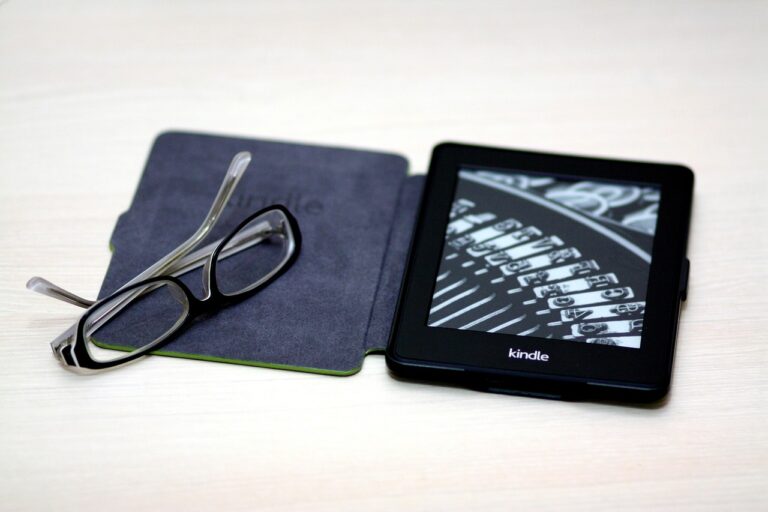
Tablet
Pros
- Multipurpose Device
- Larger storage capacity, with upto 1TB
- LCD/OLED displays offer vibrant colors
- Wide range of features, including reading apps.
- Better for reading graphic content.
Cons
- Heavier and less portable than e-readers
- Generally more expensive than e-readers
- Prone to damage if dropped or mishandled
- Screen glare can effect eye & reading comfort
- Shorter battery life compared to e-readers
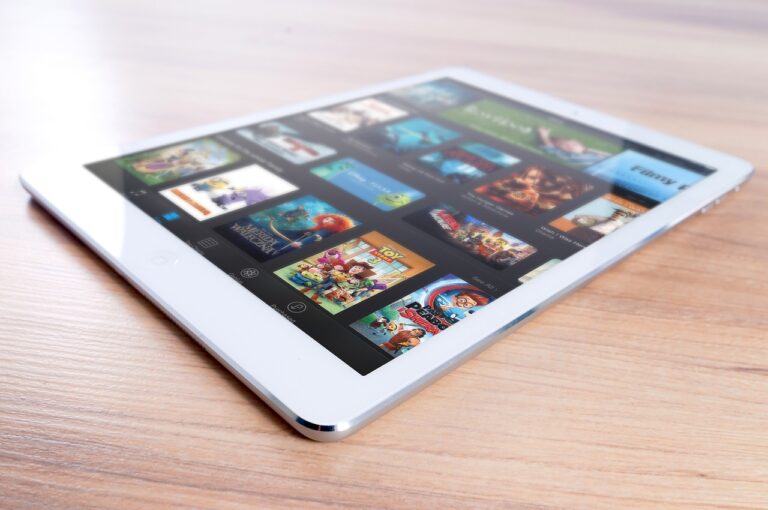
4. Final Verdict
If you’re looking for a device primarily for reading, an e-reader is a better choice. A serious book reader always goes for an E-Reader
But if you are looking for a device that can be used for a variety of tasks and reading is just one of them. Or your reading is limited to colorful magazines or comics or PDFs then Tablets are a better option.



